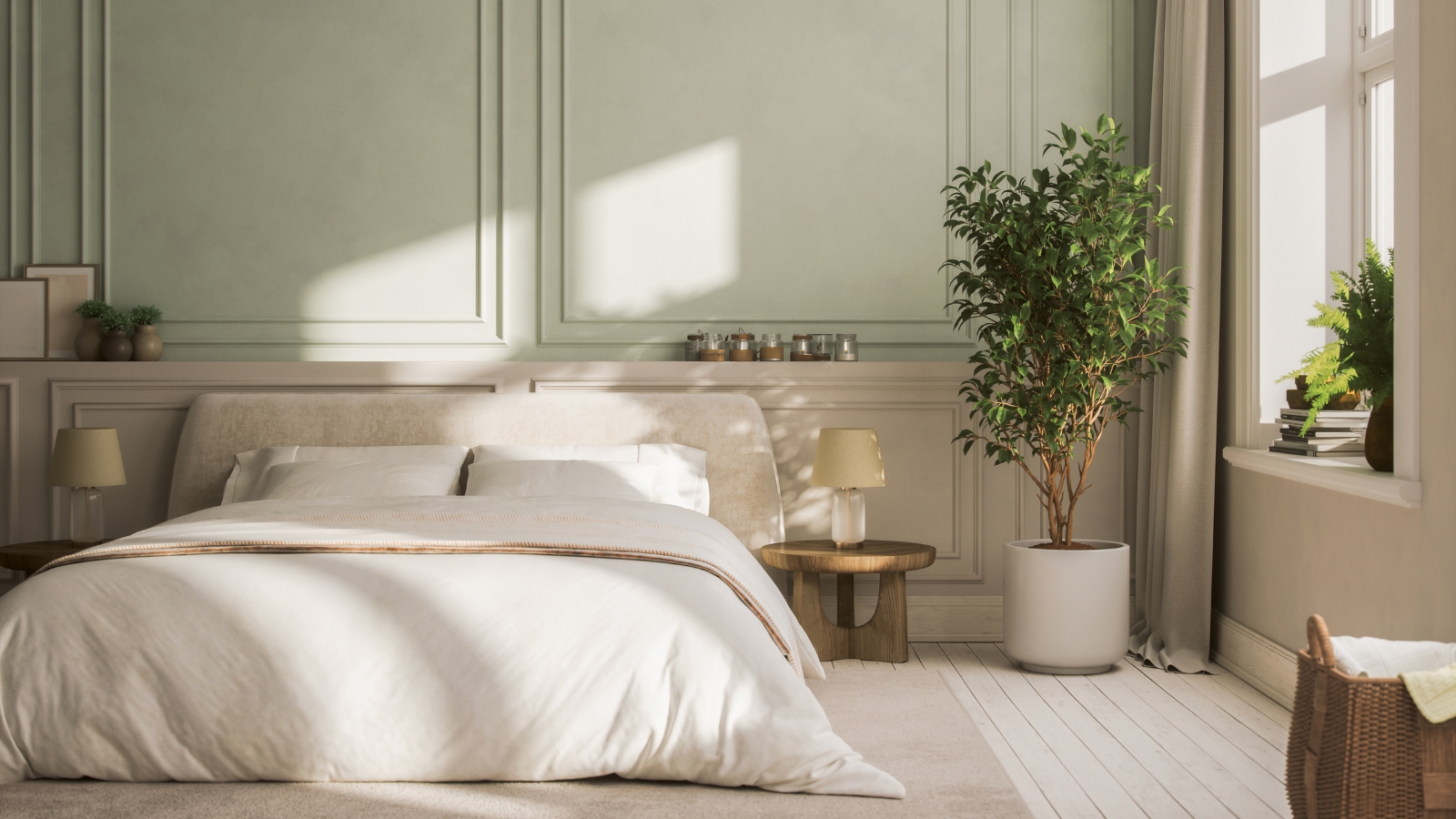
If you are overly familiar with waking up to a sharp sore throat and stuffy nose, it's likely because the air in your bedroom is too dry. The solution? Adding moisture back into the air, usually through the use of a humidifier.
But is it good to sleep with a humidifier on? Here, the experts break down the pros and cons to help you find the perfect solution to sleep better.
Should you sleep with a humidifier on?
Humidifiers boost the amount of moisture in the air by releasing vapor and steam, quickly increasing humidity in a house. As such this can be very beneficial in a house that feels dry.
They protect your furniture from damage, your skin from cracking, and your respiratory system from irritation. That being said, relying on them for too long is a bad habit increasing the risk of mold in your home.
This is what the experts want you to know before investing.
The benefits of sleeping with a humidifier on
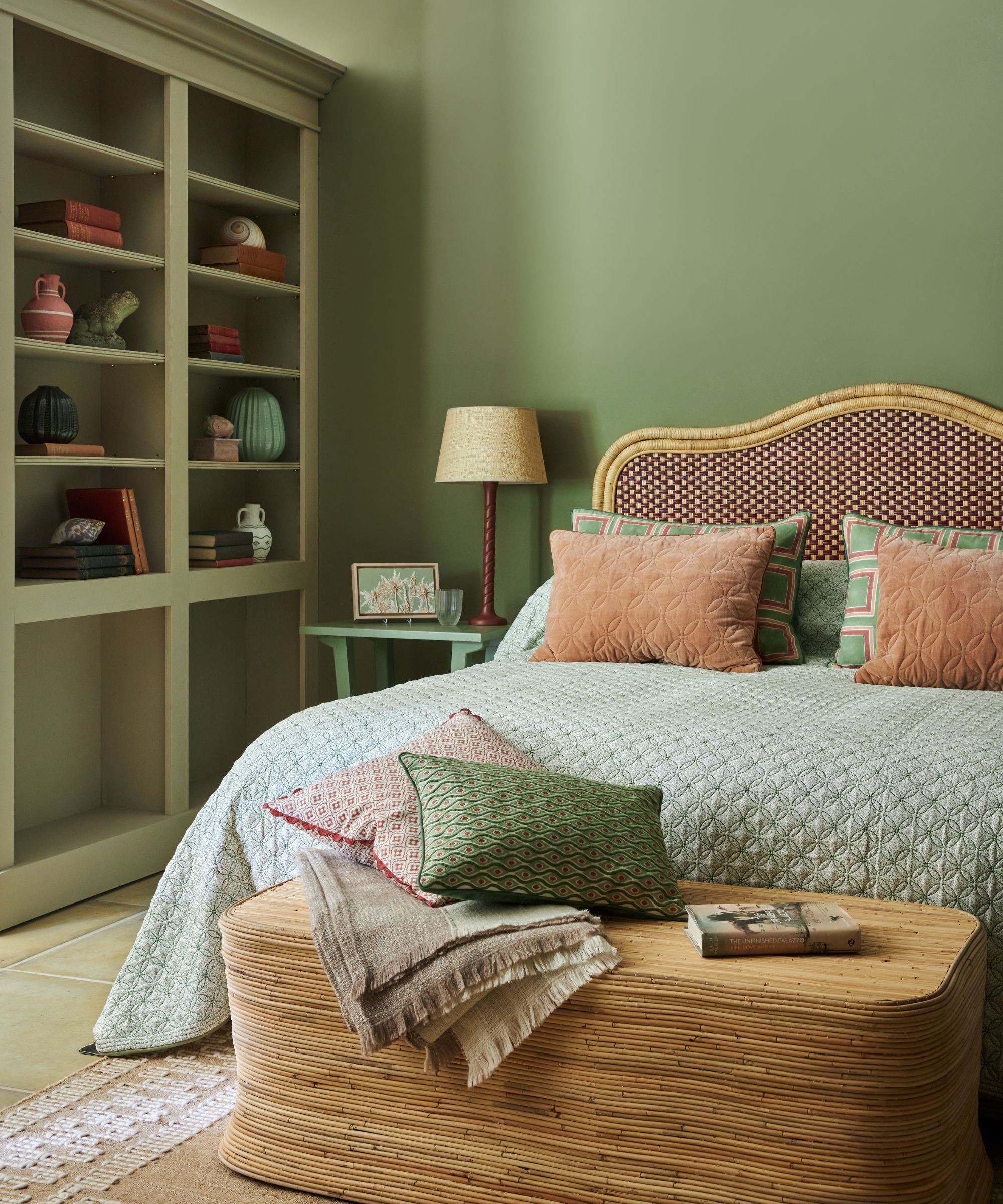
According to Dr. Monique May, medical advisor at Aeroflow Sleep and board-certified licensed family physician, there are several benefits to keeping your humidifier on overnight if your home feels dry.
She explains, 'Sleeping with a humidifier can offer several benefits, particularly for individuals with low humidity related issues such as dry skin, nasal congestion, or irritated airways. By adding moisture to the air, humidifiers can help alleviate symptoms of allergies, asthma, and respiratory infections, improving sleep quality.
'For specific respiratory concerns, humidifiers can be beneficial if properly maintained and used in moderation. Cool-mist humidifiers, set between 30-50% humidity, are considered safer than warm-mist humidifiers due to no risk of burns. Patients should ask their physicians if a humidifier is right for them, and if so, should they use cool vs warm-mist.'
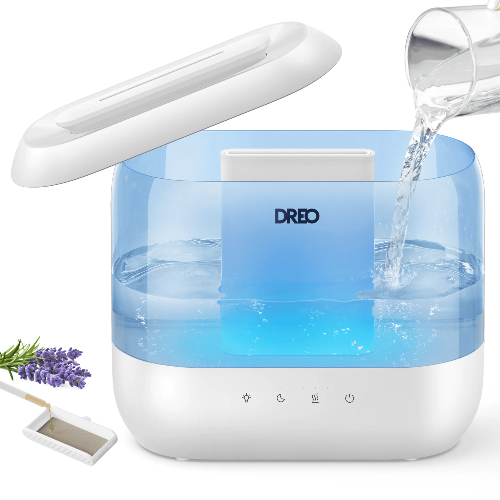
A real multifunctional humidifier – this model holds 4 liters, you can use essential oils, it's also a nightlight and the noise level is 28-32 dB. It runs for 32 hours and you can operate it using digital touch control. The humidification method is ultrasonic which means it generates a massive mist that reaches up to 40 inches tall offering rapid relief.
Catarina Tucker, sleep wellness entrepreneur, sensory sleep specialist, and founder of Snugglesense adds, 'They keep the throat and nasal passages from drying out, which can reduce coughing and even snoring. Studies back this up, showing that balanced humidity levels can improve respiratory health and sleep quality – have a look at Cleveland Clinic's study on how you can tell if you need a humidifier.
'I swear by one for my daughters,' she continues. 'When they get congested, their pediatrician always recommends running a humidifier at night. He says the moisture in the air helps keep their nasal passages from drying out, making it easier for them to breathe.'
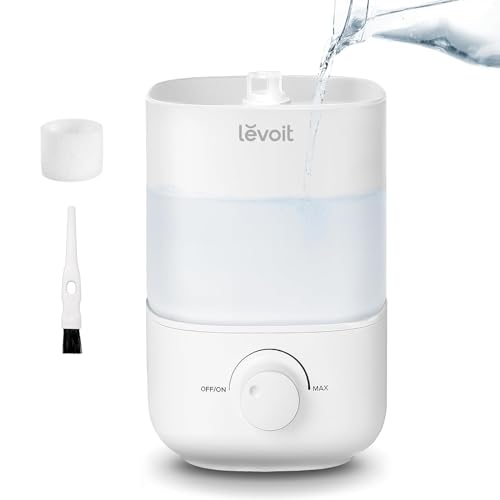
This quiet humidifier runs at 28dB so you can use it through the night without it disturbing your sleep. It also has an auto shut-off feature to prevent over-humidifying your home and mold.
Dr. Rachel Westbay, MD FAAD, board-certified cosmetic dermatologist at Marmur Medical adds that the benefits don't stop at your breathing. 'Humidifiers also help prevent dry skin and irritated eyes by maintaining optimal humidity levels, which can reduce skin dryness, itching, and eye irritation, contributing to overall comfort.'
The disadvantages of sleeping with a humidifier
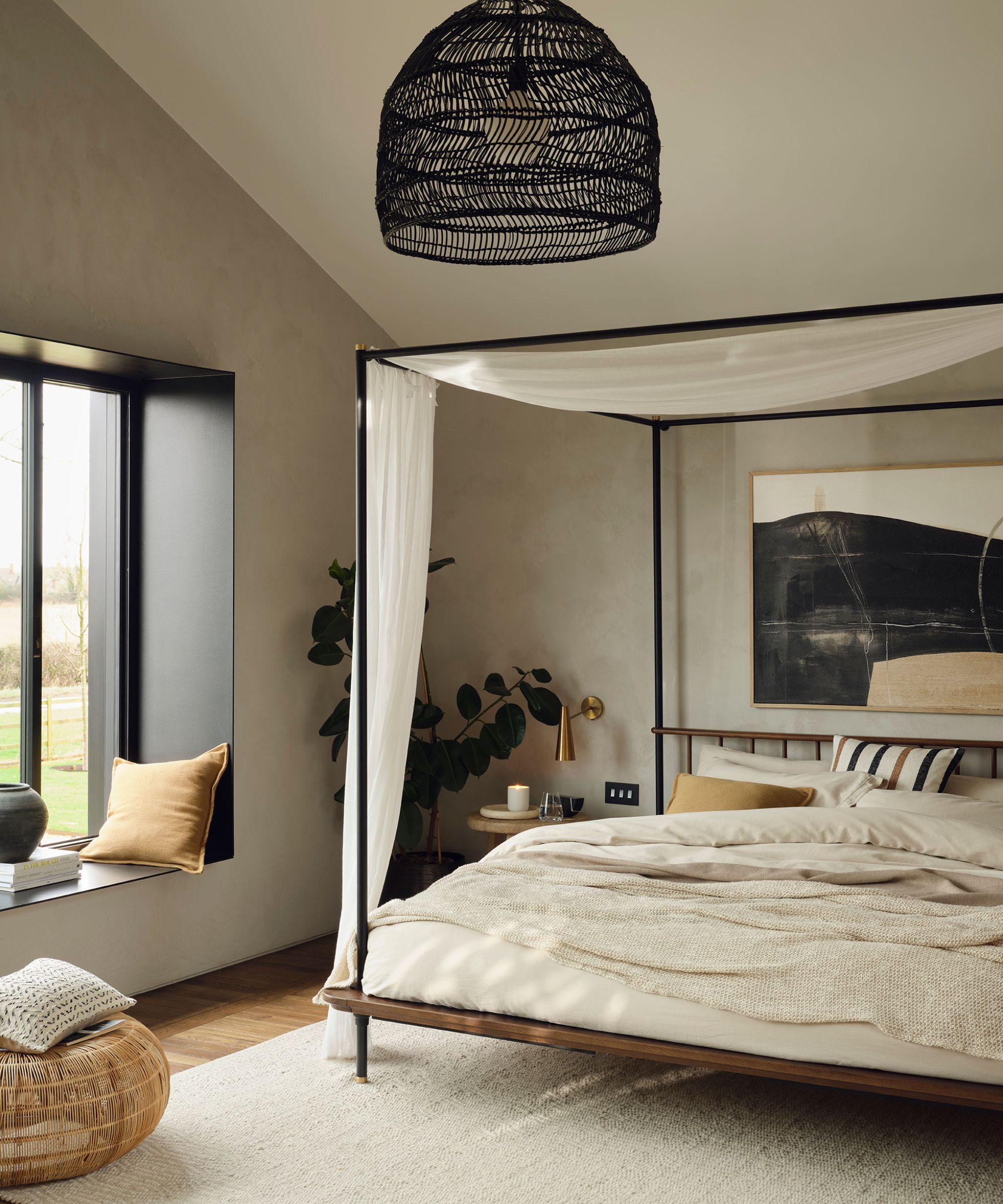
The main disadvantage to using a humidifier, is the need to carefully maintain the best humidity levels for a house throughout the night.
Dr. Rachel explains, 'It’s important to keep indoor humidity below 50% to avoid potential issues such as mold growth. This is because excess moisture can encourage the growth of mold, dust mites, and bacteria, which may worsen allergies or asthma. Thus, it’s crucial to monitor indoor humidity levels to keep them within the recommended range of 30% to 50%.'
The EPA (United States Environmental Protection Agency) states in their Use and Care of Home Humidifiers study, 'It is important to use a humidifier only when conditions require it, to use the correct moisture setting for existing conditions and to clean it thoroughly.'
To keep the moisture levels safe in your home, it is worth investing in a humidistat, such as the ThermoPro Humidistat and Thermometer from Walmart, which Solved content editor Chiana Dickson loves for managing her naturally damp home.
These handy devices will read the moisture levels in the air and alert you when the air is too moist or too dry to allow for quick corrective action. This can be as simple as turning the humidifier off and opening windows to allow moisture to escape, however, a house that becomes too damp may need the best dehumidifier to help restore balance.
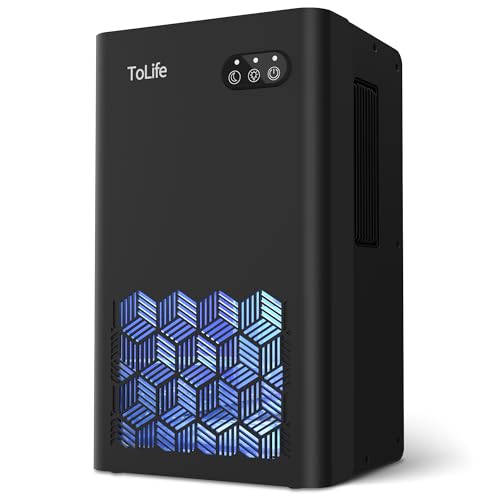
This small room dehumidifier will quickly restore the humidity levels in your home. It has an auto-shut off feature, which turns the appliance off when your desired humidity is achieved to prevent over-drying your space.
The second downside is a frequently used humidifier needs frequent cleaning, adding another task to your to-do list.
Failing to clean a humidifier correctly can result in mold and bacterial growth, with contaminants then circulating around your room and making you sick. Cleaning a humidifier with vinegar can help kill these spores and pathogens for a safer experience.
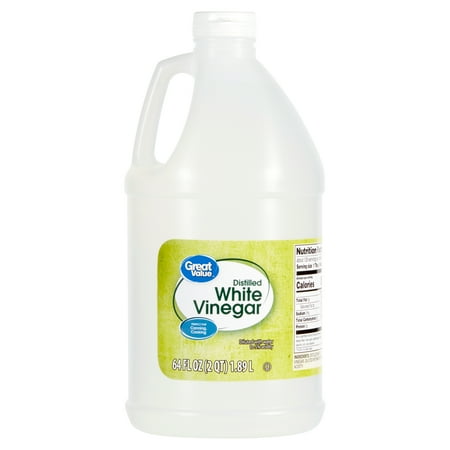
You don't need harsh chemicals to clean well. A 2020 study, for example, proved that vinegar can kill many household germs, including some strains of E. coli.
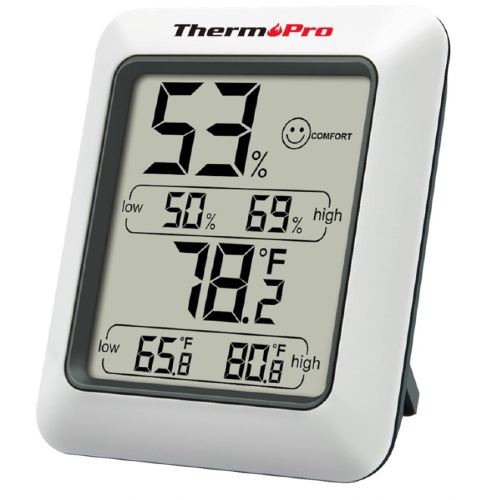
Measure the humidity levels in your bedroom with this humidity gauge and thermometer. It indicates the following conditions – dry/comfort/wet allowing you to then use a humidifier when needed. It also keeps an eye on the sweet 30-50% humidity spot that's best for health issues. It can be hung, placed on a table top or use the magnetic back to stick it to another surface.
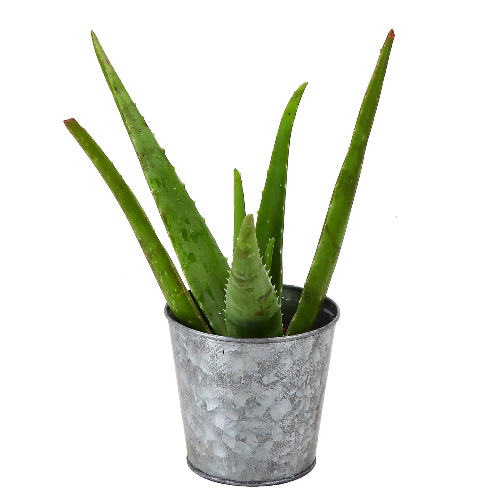
Known for its healing properties, the aloe vera plant is also great for keeping the humidity levels in your home level over time. If the levels get too high then the aloe vera will slowly reduce them, albeit slower than a mechanical dehumidifier. They're also great for air purification and combating mold.
Meet the experts
Your bedroom's humidity is not the only thing to concern yourself with when looking to improve your sleep. Leveling up your sleep hygiene and setting the best temperature for sleep is also essential if you want the best night's rest possible.







